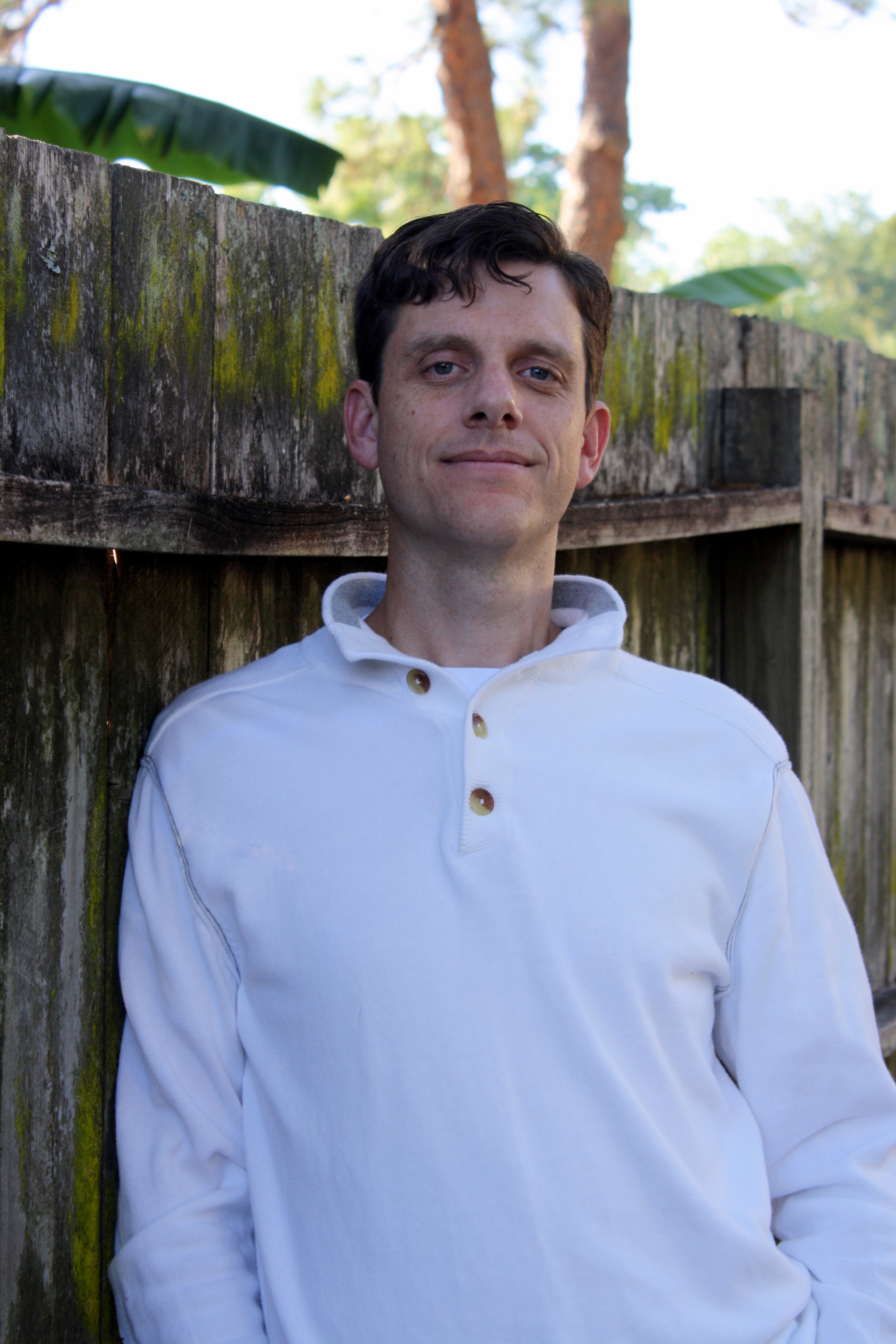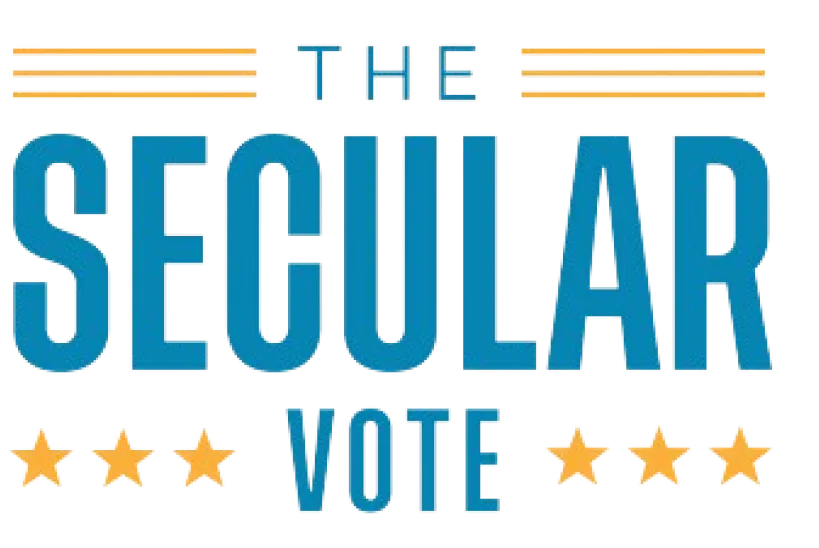
Melanie Elyse Brewster (b. Miami, Florida) is an artist, scholar, and practicing psychologist who lives and works in New York City. She previously earned her PhD from the University of Florida in 2011 and is a licensed psychologist and professor at Columbia University in the Department of Counseling and Clinical Psychology. Brewster has published over 70 peer-reviewed articles, book chapters, and a book, Atheists in America, on experiences of marginality and stress in the United States. Building her interdisciplinary focus, she earned her MFA from the School of Visual Arts (SVA) in 2024 and won the thesis award for her parafictional work on Wolfmotherhood.
Brewster’s art and scholarship focuses on stigma and queer futurities—informed by surreal, campy aesthetics that center craft, costume, and performance to destabilize identity. She uses fiber, collage, and assemblage to create works that address wild, mythological manifestations of gender and sexuality. Her research has been featured in media outlets such as CNN, NPR, Vice News, and the CBC, whilst her art has been exhibited nationally at universities and galleries such as The CAMP Gallery (Miami), The Invisible Dog Art Center (Brooklyn), and La Mama Galleria (NYC).
Areas of Expertise:
Pathways to nonbelief and religious deconversion, gender and sexuality, marginality and stress, queer futurities










